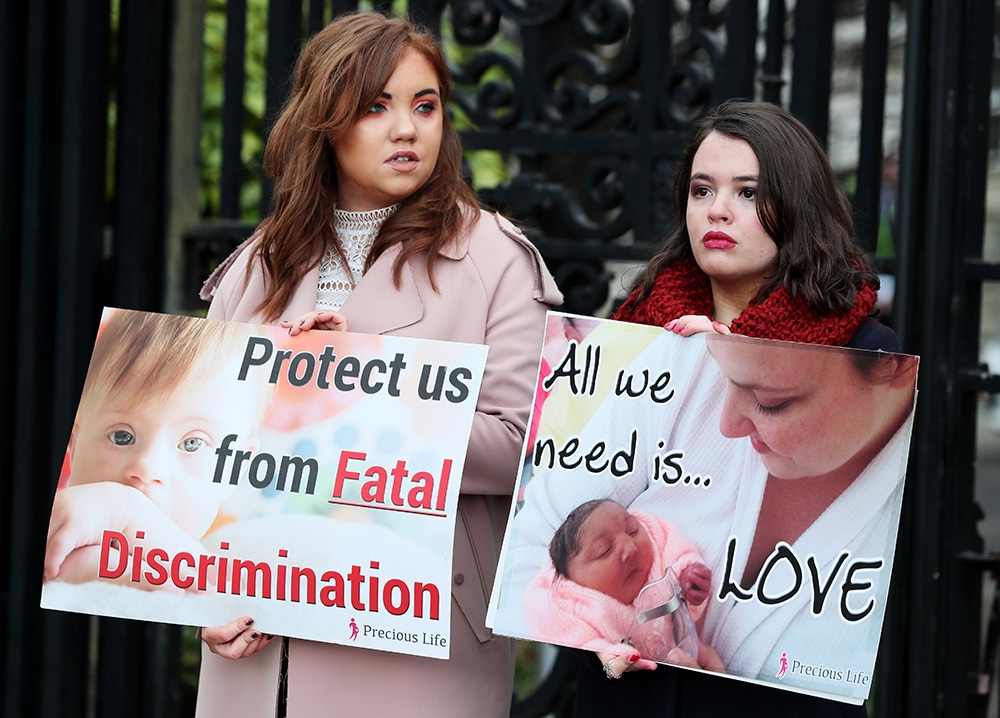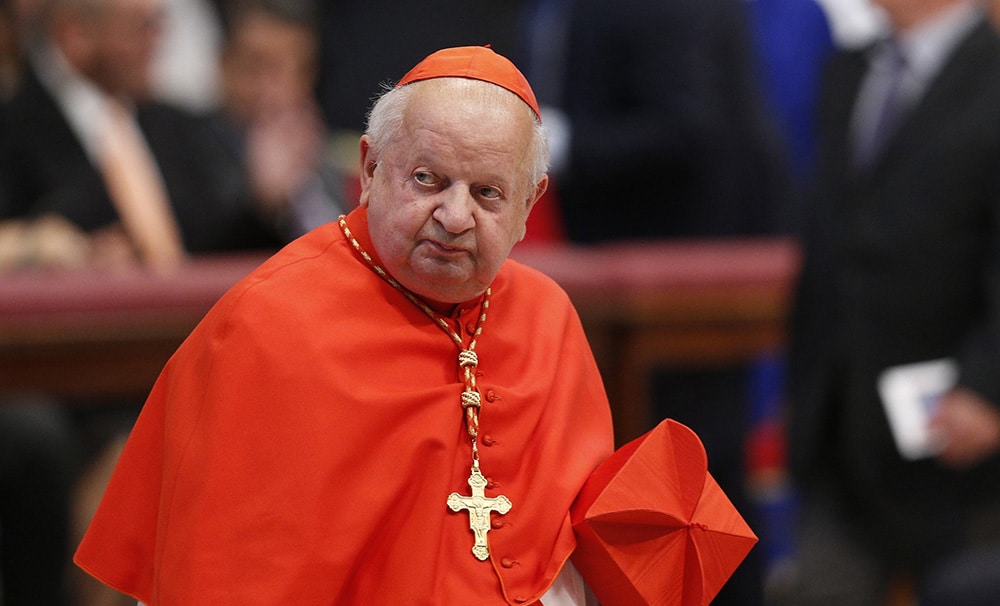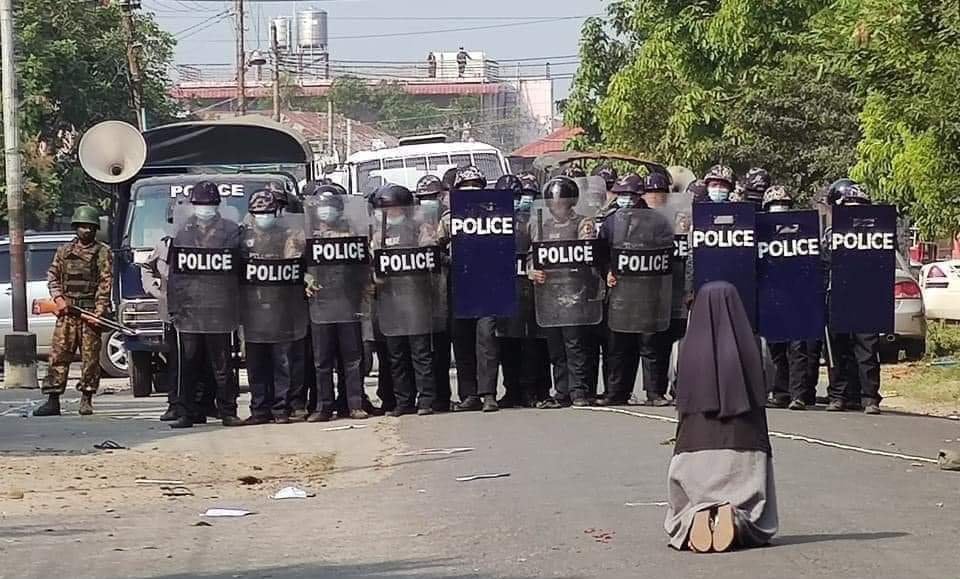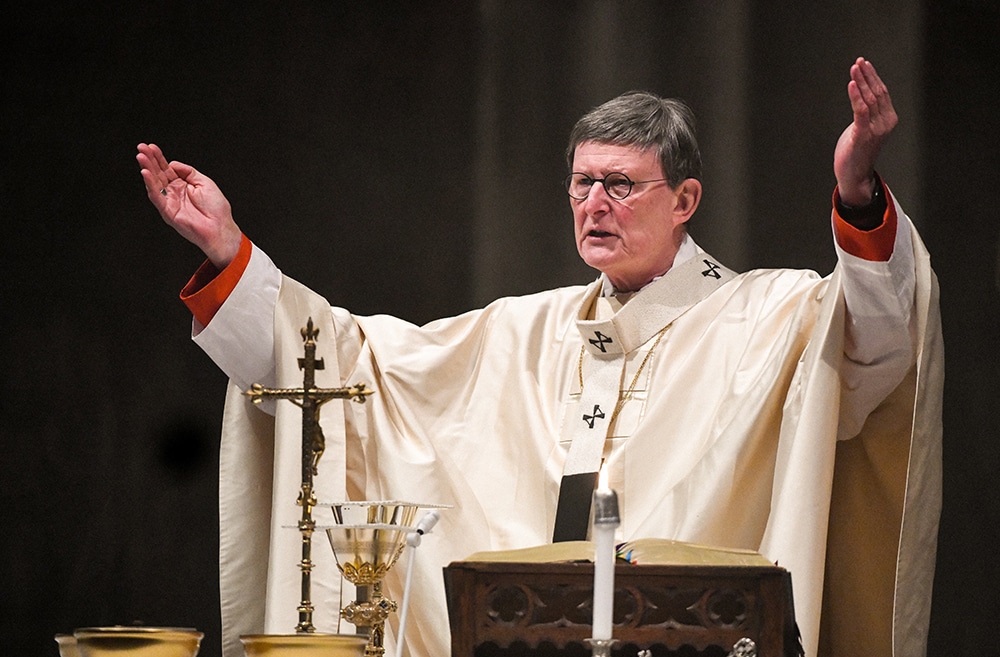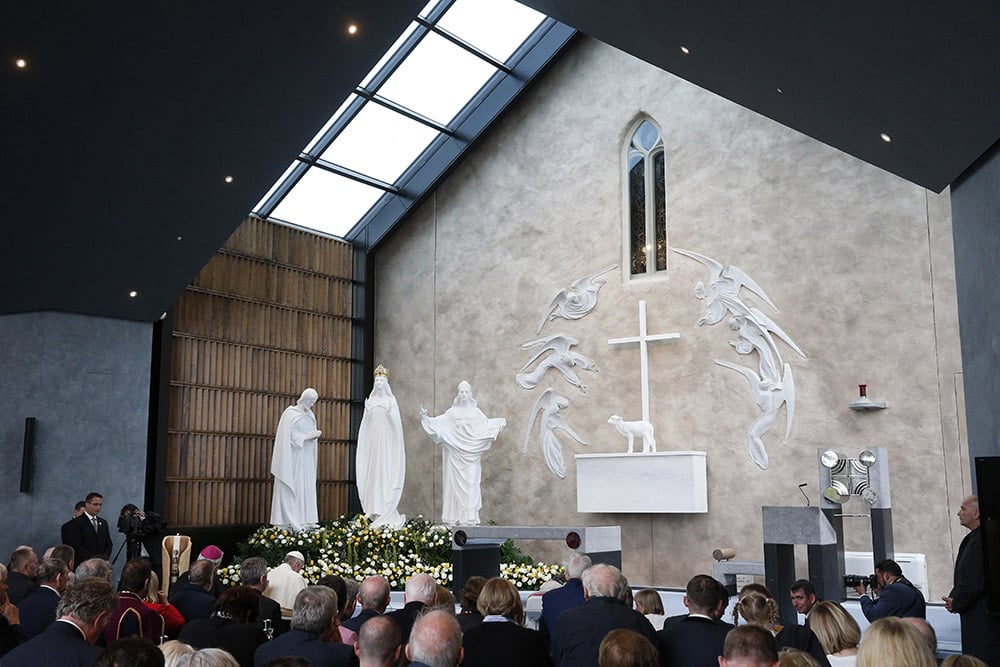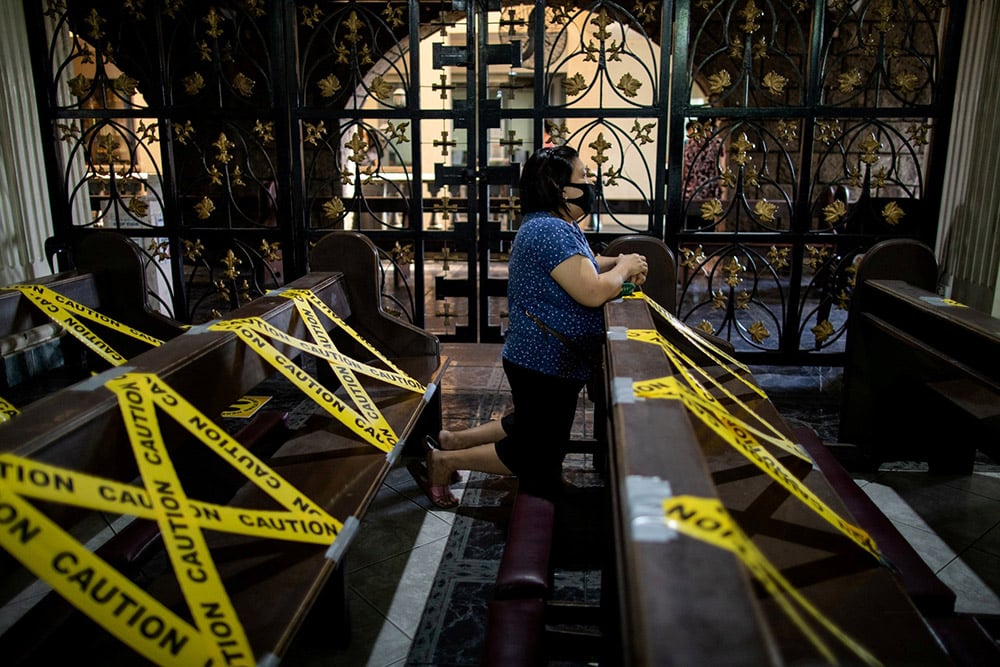MANCHESTER, England (CNS) — Politicians in Northern Ireland voted overwhelmingly in favor of a bill to prevent the late-term abortions of babies with disabilities.
On March 15, members of the Legislative Assembly voted 48-12 in support of the Severe Fetal Impairment Abortion (Amendment) Bill, completing the second stage of its passage through the Belfast-based Northern Ireland Assembly. The bill must pass through committee before it can amend abortion regulations imposed on the U.K. province by the British Parliament in March 2020. Those regulations allow abortion up to birth in cases where the fetus is disabled.
The Northern Ireland (Executive Formation) Act 2019 will continue to permit abortions on demand in the first 12 weeks of pregnancy and up to 24 weeks for undefined mental or physical health reasons.
Substantial support for the bill, introduced by Paul Givan of the Democratic Unionist Party, followed March 11 evidence given to the assembly’s Health Committee by Heidi Crowter, a 25-year-old English woman with Down syndrome.
She said the law in the U.K. tells people with Down syndrome “that we are worth less than those without disabilities.”
“That is why I want my voice to be heard and the laws to be fairer,” she said. “My husband also has Down syndrome and I value him, and I think society should, too. The law makes me feel very sad; it is saying that I, and people like me, may as well have not been born.”
Pro-life groups welcomed the result of the vote.
Catherine Robinson of Right to Life, a London-based lobby group, said: “Congratulations to Heidi Crowter and the wider community of people with disabilities who have worked so hard to achieve this outcome this evening.”
“Tonight’s vote is a significant milestone in the journey toward ending abortion up to birth for disabilities, including Down syndrome, cleft lip and club foot in Northern Ireland,” she said in a March 15 statement posted on the group’s website.
Dawn McAvoy of Both Lives Matter, a pro-life group based in Northern Ireland, encouraged politicians who voted for the bill “not to stop here” but to “pursue the implementation of better care and support services for women, unborn children and all those living with disabilities.”
“Able bodied and disabled. Planned and unplanned. Wanted and unwanted. Both lives will always matter,” she said in a March 15 statement.
The majority of the people of Northern Ireland and their elected representatives oppose legal abortion, but a right of access was imposed from London at a time when devolved self-governance of the province was suspended.
Last year, the Catholic bishops of Northern Ireland described the abortion laws as “extreme” and asked politicians to oppose them.

